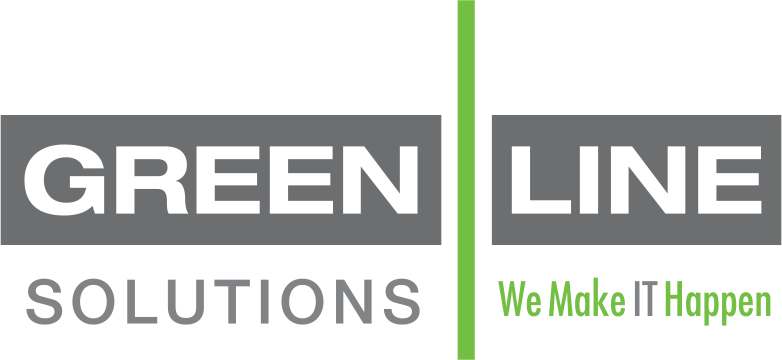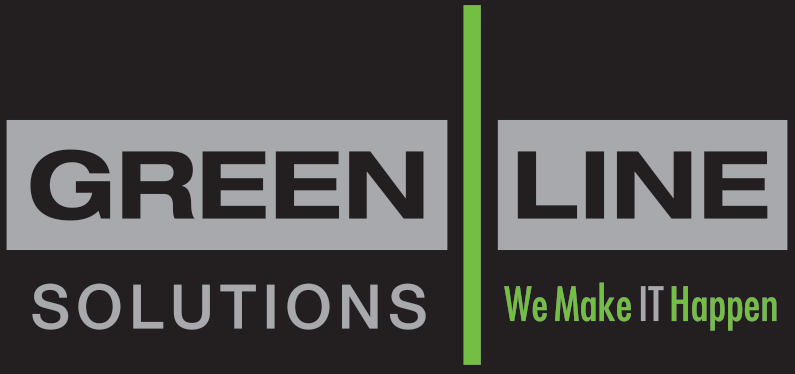
In today’s ever-evolving digital landscape, securing your business isn’t just a nice-to-have—it’s an absolute necessity. Cyber threats are increasing, and companies of all sizes are finding themselves more vulnerable than ever. With the rise of remote work, more devices are accessing business data from outside traditional office boundaries, creating new security challenges.
That’s where Multi-Factor Authentication (MFA) comes into play. It’s not just a security buzzword; it’s a fundamental layer of protection that can make or break your cybersecurity strategy. In fact, many cyber liability policies now require MFA as part of their minimum standards for coverage. If you want to ensure that your company meets those requirements and reduces the risk of cyber threats, using MFA on desktop PCs is a must.
What is Multi-Factor Authentication (MFA)?
At its core, MFA is a security protocol that requires users to provide two or more forms of authentication before they can access sensitive systems or data. This additional layer of security ensures that even if a hacker steals one credential—such as a password—they still need access to other factors, such as a smartphone or fingerprint, to fully breach the system. It’s a simple yet effective way to enhance your security posture.
The three main types of authentication factors are:
- Something you know – like a password or PIN.
- Something you have – such as a physical device (a smartphone, token, etc.).
- Something you are – biometric data like a fingerprint or facial recognition.
When MFA is implemented, a hacker would need to compromise not just one, but two or more layers to gain unauthorized access, making it significantly harder for them to succeed.
Why Do Cyber Liability Policies Mandate MFA?
Insurance companies aren’t in the business of taking unnecessary risks. Cyber liability policies are designed to protect businesses in the event of a cyberattack, but insurance providers are now requiring businesses to follow certain best practices—like using MFA—to qualify for coverage.
Why? Because simple username and password combinations have proven to be weak points for many organizations. Passwords can be stolen, phished, or even guessed. By mandating MFA, insurers ensure that businesses are adding an extra barrier to protect sensitive data and critical systems, ultimately reducing the likelihood of a costly breach.
Without MFA, your business may be vulnerable to attacks that could lead to data theft, ransomware, or other disruptions—and that could leave you without the protection of your insurance when you need it most.
Implementing MFA: How WatchGuard AuthPoint and Cisco Duo Can Help
When it comes to securing desktop PCs with MFA, solutions like WatchGuard AuthPoint and Cisco Duo are two of the top products on the market. Here’s how they can help you meet the security standards required for your cyber liability policy.
1. WatchGuard AuthPoint
WatchGuard AuthPoint is a cloud-based MFA solution that simplifies the authentication process while providing robust security. With AuthPoint, your business can:
- Easily implement MFA on desktop PCs: Whether your employees are working in the office or remotely, they can authenticate through their mobile devices.
- Integrate with your existing systems: AuthPoint is compatible with a wide range of systems, so you can protect everything from email platforms to remote access tools.
- Reduce your risk of phishing and credential theft: By requiring multiple factors for authentication, AuthPoint ensures that even if a hacker gets hold of a password, they won’t have full access to your systems.
Plus, it’s user-friendly, so your employees won’t be frustrated with the extra step of authentication. The process is fast and simple, which means better adoption and fewer headaches for your IT team.
2. Cisco Duo
Cisco Duo is another leading MFA solution that’s perfect for securing desktop PCs. Duo offers:
- User-friendly authentication: Duo’s mobile push notifications make the authentication process quick and painless for users.
- Comprehensive security coverage: It doesn’t just secure desktops but also mobile devices, VPNs, and cloud applications, giving your business a well-rounded security approach.
- Customizable security policies: You can create custom policies that enforce MFA based on the risk level of the device or user, providing more flexibility while maintaining security standards.
Duo’s ease of integration and scalability make it a great option for businesses of all sizes. Whether you have a small team or a large workforce, Duo can scale with your needs, ensuring that every device remains protected.
Key Benefits of Using MFA for Cybersecurity
Implementing MFA on your desktop PCs can provide a range of benefits, including:
- Enhanced Security: By requiring multiple forms of authentication, MFA significantly reduces the likelihood of unauthorized access to your systems.
- Compliance with Insurance Requirements: Many cyber liability policies now mandate MFA as part of their security protocols. Implementing MFA ensures you remain compliant with your policy and eligible for coverage.
- Reduced Risk of Data Breaches: With stronger authentication in place, it’s much harder for cybercriminals to gain access to sensitive data, helping protect your business from costly breaches.
- Increased User Trust: Employees, customers, and partners can feel more confident that their data is protected, fostering trust in your business.
Conclusion
MFA is no longer optional for businesses looking to stay ahead of cyber threats and comply with cyber liability policy requirements. By using solutions like WatchGuard AuthPoint and Cisco Duo, you can secure your desktop PCs and ensure that your business is protected against the growing number of cyber risks.
Implementing MFA may seem like an extra step, but the protection it provides far outweighs the slight inconvenience. In today’s digital age, where cyberattacks are more common than ever, it’s better to be over-prepared than under-protected.



Pingback: viagra sildenafil 50mg tablets
Pingback: clomid 50 mg